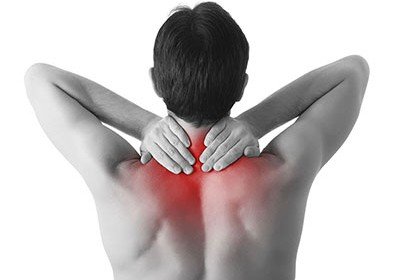
Not every pain in the neck is a sign of neck hernia. If the pain in the neck is mistaken for neck hernia pain and a neck hernia medical treatment or physical therapy program is applied to the patient, that patient never gets better and tries to find a solution by wearing a neck brace unnecessarily and using painkillers in a way that threatens his health unnecessarily. But it can never find a solution.
If a person who has pain starting from the nape and progressing to the top of his head and who feels the need to rub his neck with his hand also has tinnitus, this patient is most likely a high blood pressure patient and should first have his blood pressure monitored and monitor the changes in his blood pressure. If his blood pressure is high during follow-up, he should seek advice from a cardiologist or nephrologist. Without knowing that someone with high blood pressure has high blood pressure, if you attribute the pain in the neck to a small neck hernia seen in Cervical MRI, and if you put a neck brace on it and use painkillers, that person’s pain will not go away. Correct diagnosis is the key to treatment.
If the blood pressure is normal in a person who has pain only when turning his neck to the right or left, without pain in the arm, and if there is no loss of strength and sensation in his neurological examination, this pain is considered as muscle spasm and pain relievers and muscle relaxants are given in a few days to relieve the pain and reduce neck movements. We expect it to be comfortable. We recommend regular neck exercises to prevent recurrence after the pain has passed. If the pain does not go away despite all these, further examination is required.
If there is pain in the neck and it hits the arm, if there is no loss of strength and sensation in the neurological examination of the patient, if the pain increases especially when exerting, walking or on the treadmill, it is highly likely that this pain is caused by the heart, so first of all, it is necessary to show the patient to a cardiologist and prevent a heart-related death. must. If the cardiologist says that there is nothing in terms of heart, other reasons should be investigated. A good history is the key to treatment and can save lives.
If the patient has a pain that comes from the neck and hits the arm and is accompanied by loss of strength and sensation, cervical MRI should be requested, considering that this patient may have neck hernia or a spinal canal stenosis in the neck region, a spinal tumor.
All these are stories about my patients and they contain the secrets of treatment. We should treat the patient, not the radiological image or the laboratory results. There are no diseases, there are patients. We should question and evaluate each patient differently from the next.

